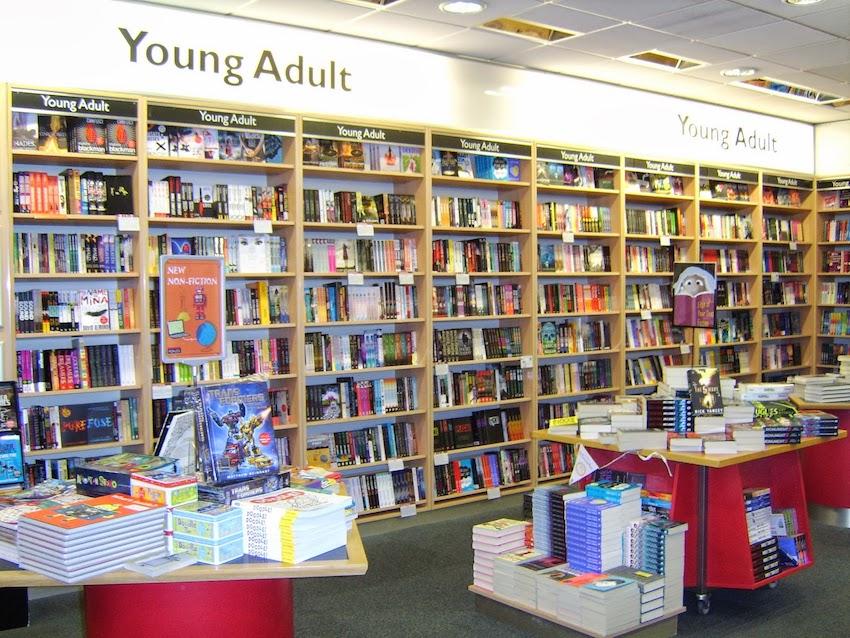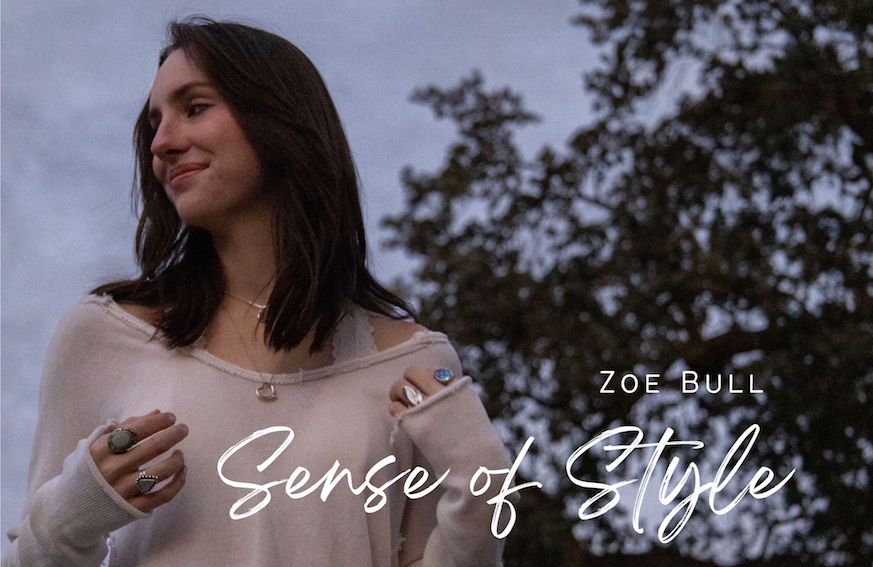As someone who loves to read and review books from the same set of shelves in the store, there are quite a few typical plots and storylines authors follow. Characters can have the same personalities and the most magical of powers are unexciting after multiple reads. Here is a list of young adult plots that seem to be a constant in books recently.
First, and one of the most common tropes often seen are love triangles. Love itself is not a bad thing, and a well-written triangle is

still fun to read, but the main ones that appear tend to be lazy or excuses to not develop strong relationships or descriptions of the characters in general. A girl in this scenario has to make a choice between two cookie cutter boys, who are practically the same. A male protagonist may have to pick between his girlfriend and saving the world that he loves.
Another common trope which appears more and more recently is the main person in the novel being “smart, but misunderstood.” Usually, there are only one or two side characters that appreciate the main, and they are typically only close friends or teachers. The main character keeps to his or herself and is constantly showing no interest in anything. They seem bored with life and unexcited about the way everything around them is happening.
This can be coupled with absent parents. For many of these already misunderstood characters, their parents have either died or abandoned them in a tragic situation. They are being raised by grandparents or were adopted. Although these sort of circumstances are more realistic and can hit closer to home for many readers, there are some issues. The audience can grow exhausted of no family to be found. In dystopian novels, the main character can be introduced into their own “family” but then are handed off to a group of ragtag teens to be raised until adulthood.
Instant love constantly seems to show up in books now. The boy meets the girl, the girl falls head over heels in love because the boy’s Shakespeare novel fell out of his backpack. Or, alternatively, the girl crushes on the boy, and he finds out that the girl likes him back and a romance ensues. Love stories that begin on page one should take more time to develop. In these stories, the characters seem to be thrown at each other and they instantly fall for one another. If a book is to truly include a romance aspect, a buildup would benefit this style of literature highly.

One of the final common themes seen in novels these days is what I call the dystopian trio. These trios, or trilogies, rather, consist of three main books and pop up everywhere. Some of these series include The Hunger Games and The Divergent Series. The plot follows a “chosen” main character who has to save the world, which is in shambles. Many end up falling in love with a teammate on the way, and then fall into the “love fixes all” trap. Trilogies are great ways to give an end to a series, but the constant influx of trilogies on young adult shelves grows exhausting after awhile.
This is not to say tropes in books are a bad thing! All books are built off of some sort of similar plotline, or share an idea or two, there is no fully original idea. But it is important to remember that authors can develop and find more creative ways for their characters or their plots without brushing them off or making the book seem lazy. The books that do create an interesting spin on a traditional idea give readers a break from the monotony that is the young adult category.
For my last blog, read Kids of Appetite review.
This author can be reached on Twitter and via email.




